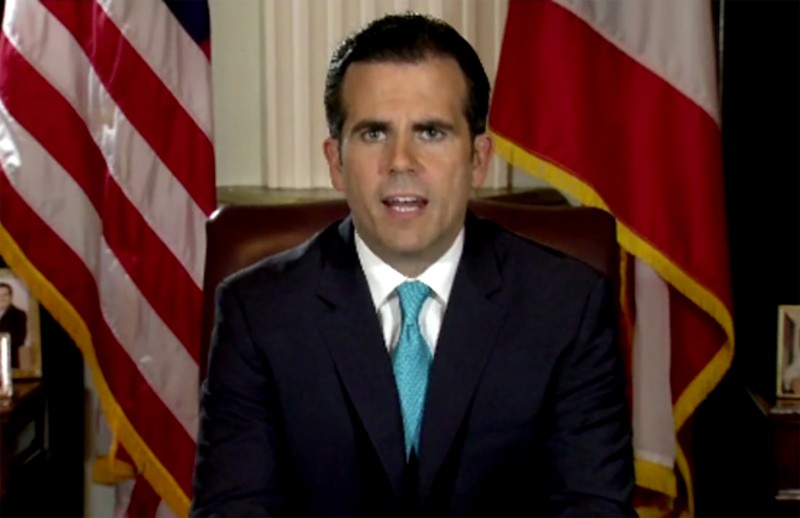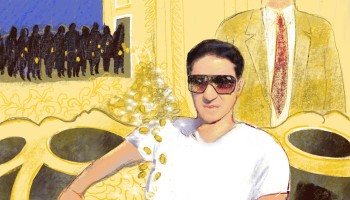“Today I feel that to continue in this position represents a difficulty for the success of the country,” Rosselló said. “I have made the following decision: with sadness I am announcing that I will be resigning from the position of Governor, effective August 2nd.”
Waving the island’s flag, blowing vuvuzelas, and chanting triumphantly, Puerto Ricans ended the weeks-long protests that erupted after several high-profile corruption arrests and a Telegram chat leak that included Rosselló, his staff, and lobbyists spewing sexist, homophobic, and insulting rhetoric about Puerto Rican officials and their constituents following Hurricane Maria.
Rosselló first tried to defuse public pressure by announcing he would not run for a second term, but gave in after an estimated million people - nearly a third of the island’s population - took to the streets to insist on his immediate resignation.
In his stead, second-in-line of succession Justice Secretary Wanda Vásquez will become Governor until the next election. Should-be successor Secretary of State Luis Rivera Marín resigned earlier this month after his comments were made public as part of the Telegram leak.
The island’s reaction to the Governor’s words and the government’s misuse of public funds is a hopeful moment in its long history of corruption.
Ricardo’s father, Pedro, was Governor of Puerto Rico for the better part of the '90s and weathered his own accusations of corruption after it was reported that members of the AIDS Institute on the island funneled federal funds away from patients and into his gubernatorial campaign.
The younger Rosselló was accused last week of allowing his lobbyist friends to dole out contracts to clients and have greater power within his administration than even his appointed cabinet members.
“Honored to be part of a country where people are fearless and take to the streets in a true act of hope and dignity. This has just begun. VIVA PUERTO RICO,” San Juan Mayor Carmen Yulín Cruz tweeted, following news of Rossello’s resignation.






